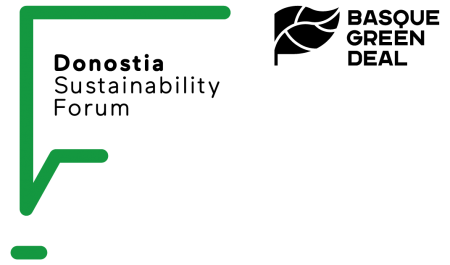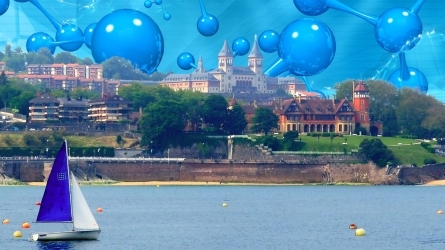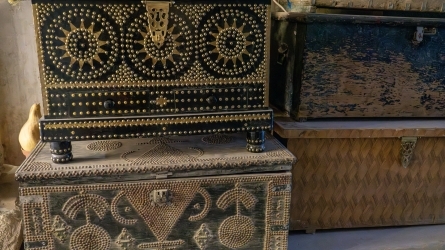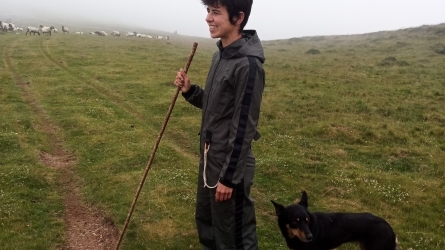
Sustainable management of mountain pastures (or the life of a shepherdess and her sheep)
Description
Sheep taught me what I couldn’t understand from the office.
When at the end of last spring I went to the Pyrenees in Lower Navarre, I still had a very academic view of mountain shepherding. I knew that sustainable management of mountain pastures involves avoiding overgrazing, which creates bare soils, and undergrazing, which leads to scrubland (with the subsequent risk of fires). The consequences of both are increased greenhouse gas emissions.
What I didn’t know was that guiding sheep to achieve this goal is fighting against their natural grazing pattern. And also, that to achieve guided grazing for sustainable management is not only a physical challenge, but also a real science of communication with the sheep, where both sides, shepherdess and sheep, have to listen to each other.
My life as a shepherdess gave me a new perspective on certain issues that I thought I was very clear about as a researcher. Even my shepherdess self came into contradiction with my researcher self. In living shepherding at close quarters I discovered a complexity that I had not even imagined before. I suspect that it is the ignorance of this very complexity that causes some very logical scientific policies or recommendations to encounter barriers in their implementation in real life.
Activity directed to
- All public
Contributors
Program
07-04-2022
Eva Caballero kazetariak hizlariarekin elkarrizketa izango du hitzaldia amaitutakoan / La periodista Eva Caballero mantendrá un diálogo con la ponente una vez finalizada la conferencia
“Manejo sostenible de pastos de montaña (o la vida de una pastora y sus ovejas)“
- Elena Galan del Castillo | Investigadora del BC3 Basque Centre for Climate Change
Speakers
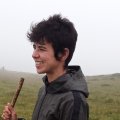
Elena Galan del Castillo
Investigadora del BC3 Basque Centre for Climate Change
PhD in Economic History, Graduate in Environmental Sciences. Postdoctoral researcher at the Basque Centre for Climate Change (BC3). She did her thesis studying the transition of agriculture and livestock farming during the 20th century in Catalonia. She has been working on the impacts of climate change and its adaptation in dairy farming. Recently, her research focuses on the study of the economic, social and institutional aspects of Basque shepherding systems, including a co-production process with the Artzain Eskola (Shepherd School). This season she left her academic job to work as a shepherdess in the Pyrenees (Lower Navarre), with the result of a deep and complex vision of the livestock sector.
Venue
Miramar Palace
Pº de Miraconcha nº 48. Donostia / San Sebastián
Gipuzkoa
Miramar Palace
Pº de Miraconcha nº 48. Donostia / San Sebastián
Gipuzkoa
